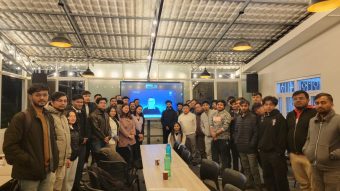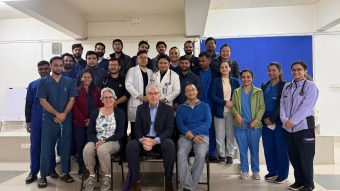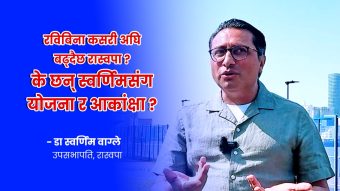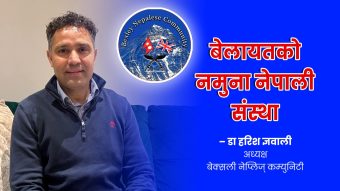Seminar on “Contemporary Practices in the Preservation of Newa Traditions”



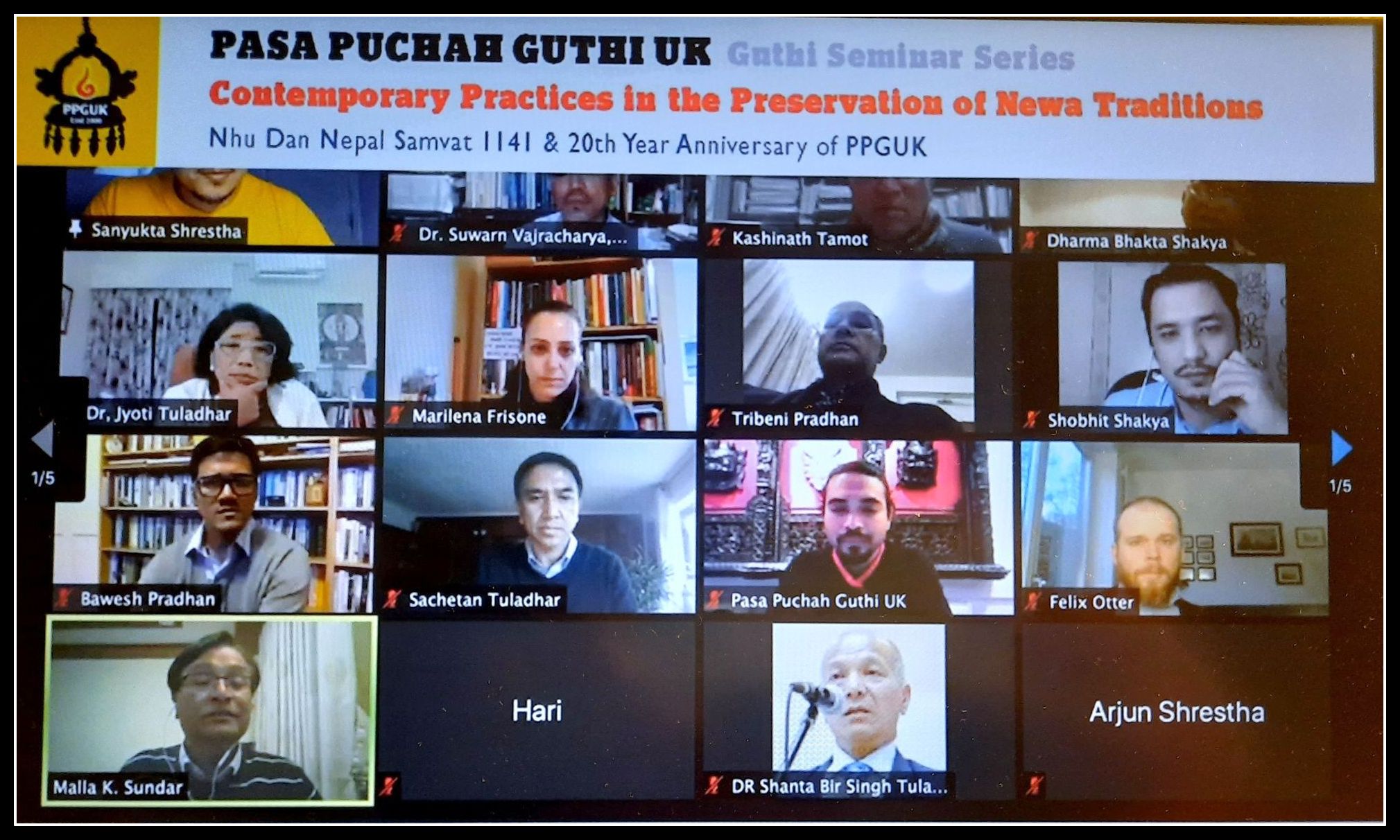
London-On 29th November 2020, as part of the “Guthi Seminar Series” Pasa Puchah Guthi UK (PPGUK) London organised a webinar entitled: “Contemporary Practices in the Preservation of Newa Traditions”. The aim of the seminar was to explore contemporary ways in which Newa culture experts, activists, academics, and enthusiasts have been engaging in the preservation and promotion of Newa traditions. The webinar was broadcasted live on Facebook and more than 150 people actively participated in the discussion with Newa culture experts, and enthusiasts.
President of PPGUK London, Ms. Rukmani Manandhar welcomed the audience wishing Happy Nepal Samvat 1141 to all, and Mr. Ojesh Singh, President of PPGUK Board of Trustees, introduced the seminar as a platform where innovative ideas on the promotion of Newa culture, can be discussed and negotiated within the community.
In the first panel chaired by Mr. Ojesh Singh, three presentations were delivered: Mr. Kashinath Tamot, a well-known scholar of Newa culture from Nepal talked about the importance and challenges to Nepal Samvat; Ms. Supriya Manandhar and Ms. Rukshana Kapali, two Newa activists and writers, presented on the recently published Solar Nepal Samvat calendar, and; Dr Mahesh Man Shrestha, a well-known Newar activist, talked about what it means to be Newa in contemporary society and the challenges it poses.
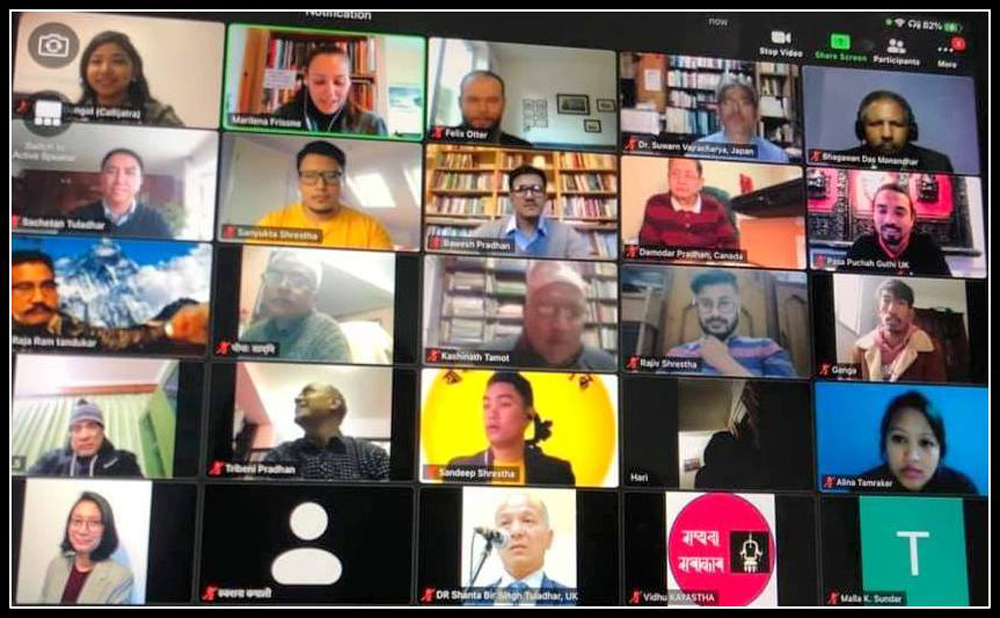
In the second session, chaired by Ms. Marilena Frisone, coordinator of the SOAS Newar Language (Nepal Bhasa) Society, Ms. Sunita Dangol, a Nepalese media professional and language trainer, talked about the activities of the Callijatra group she is part of, which has been promoting Ranjana script through mobile apps and a series of workshops both physically and online. Alina Tamrakar, architect, and cultural heritage enthusiast talked about storytelling programmes organised by the voluntary organisation called Baakhan Nyane Waa (“Come Listen to Stories”) and aiming to promote the transmission and preservation of traditional Newa stories. The third speaker in this session, Ms. Lorina Sthapit, a development professional and co-founder of Aji’s, a social enterprise in Nepal, illustrated the activities of this organisation which aims at promoting intergenerational transmission of knowledge and skills, through documentation of traditional Newa artifacts, food, and life-stories of local elders.
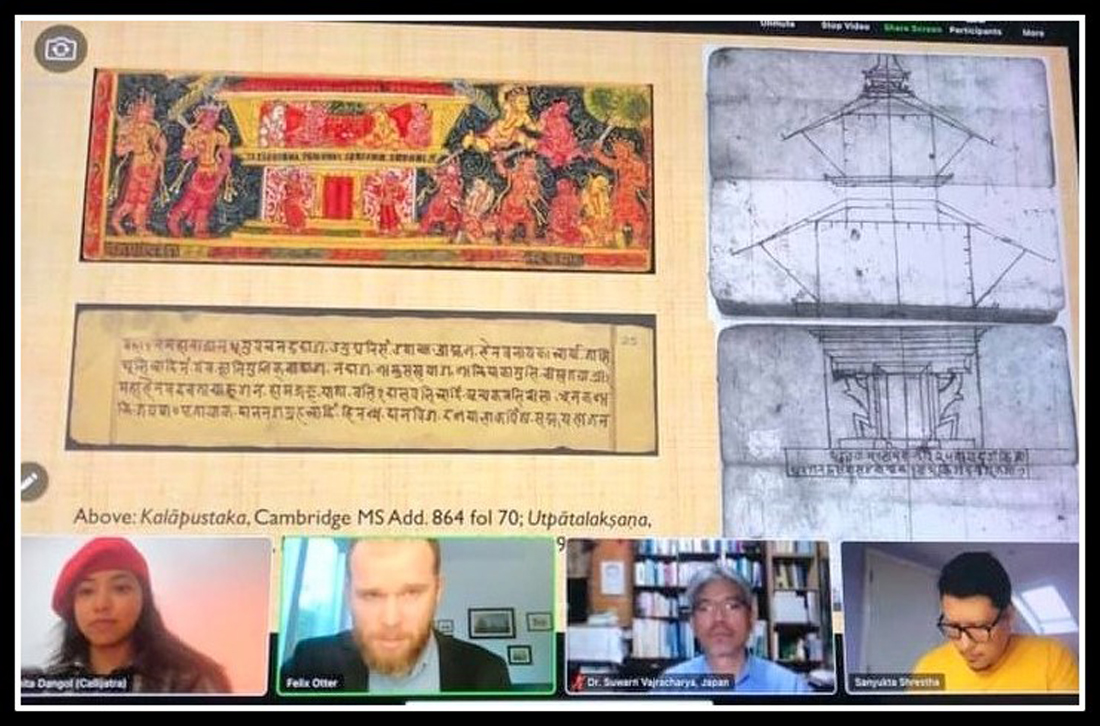
The third and last session of the seminar was chaired by Mr. Sanyukta Shrestha, former President of PPGUK, London, included three presentations. Malla K. Sundar, a well-known Nepalese indigenous rights activist, discussed the idea of the autonomy of the Newa guthis. Dr Felix Otter from the University of Marburg talked about Classical Newa literature in contemporary practices of manuscript preservation and study. After this, Dr Jyoti Tuladhar, an expert on gender issues and social development, based in Portugal, presented on the transmission of Newa values through ‘intangible cultural heritage’, by analysing within five domains of oral traditions, performing arts, social and religious practices, knowledge about the world, and traditional craftsmanship.
All three panels were followed by discussion open to the audience and moderated by Dr. Sachetan Tuladhar, current advisor of PPGUK London, who highlighted the importance of continuing such constructive debates in future events and seminars tackling issues of great relevance for the community.
Ojesh Singh concluded the seminar by thanking all the speakers for their informative presentations and all the attendees for actively engaging in the discussion, raising interesting points and providing insightful comments. Following a lot of interest and request from the audience to further the discussion on Solar Nepal Sambat, the organisers expressed a strong possibility for a follow-up workshop that would address this topic in particular.
सम्बन्धित सामग्रीहरू
हाम्रो सिफारिस
- १
- २
- ३
- ४
- ५






